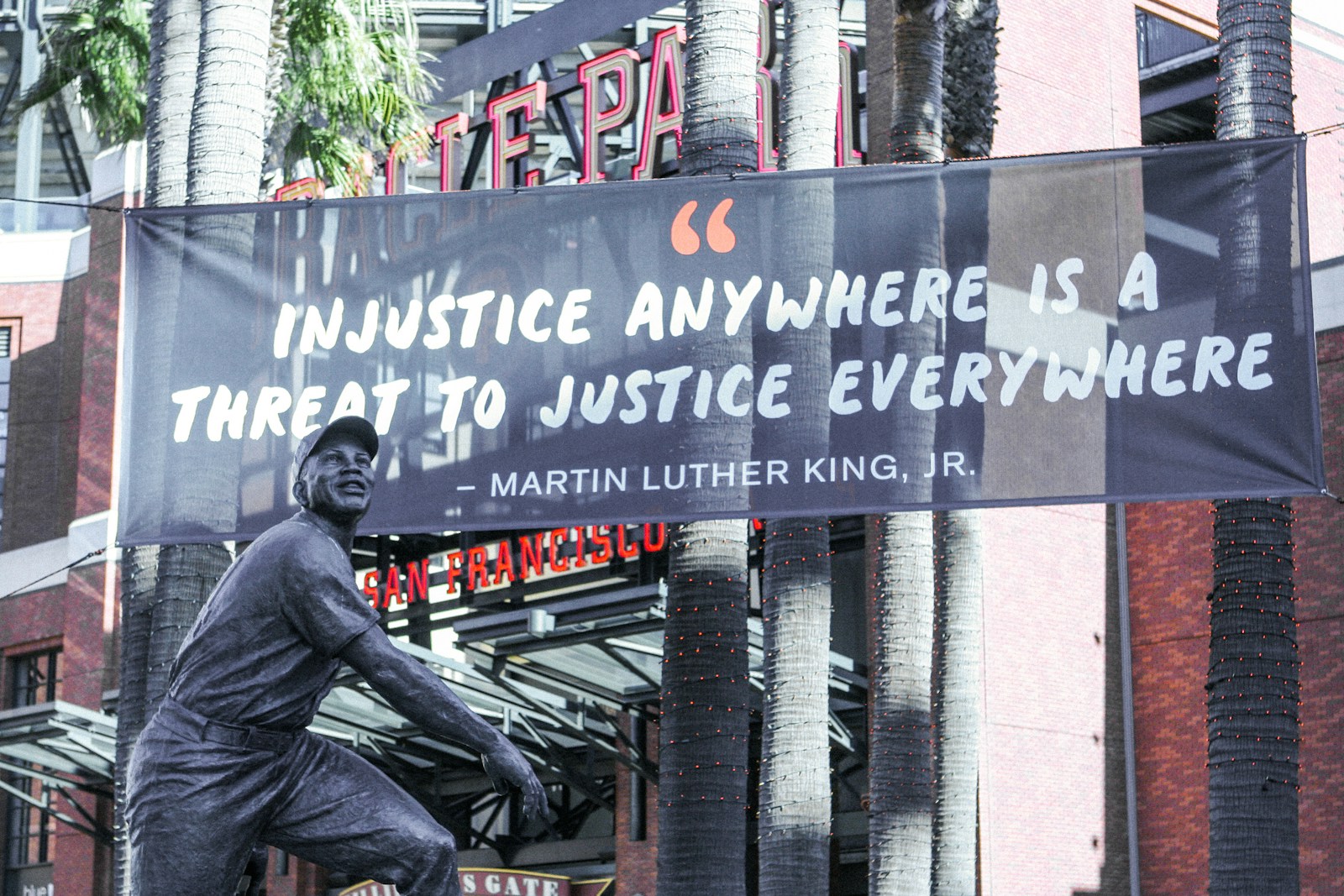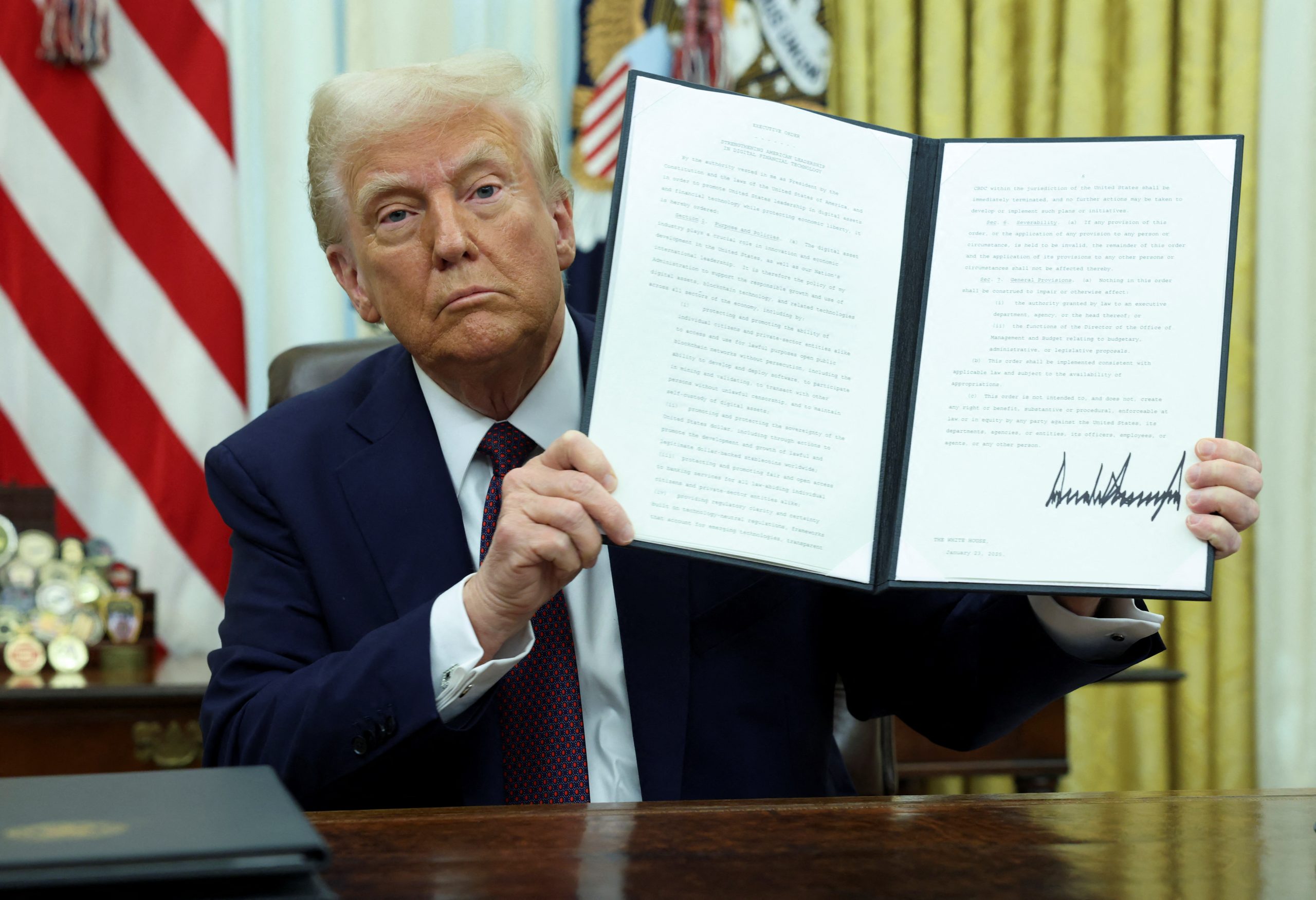In recent years, the importance of the Rule of Law Africa has emerged as a cornerstone for sustainable development and economic stability across the continent. Governments that uphold legal frameworks transparently and consistently create a climate where investors feel secure, businesses flourish, and citizens trust institutions. Dr. Akinwumi Adesina, President of the African Development Bank, emphasizes that Africa’s global credibility grows when nations demonstrate commitment to justice and accountability.
This commitment goes beyond legislation; it encompasses judicial independence, enforcement of contracts, and protection of property rights. Countries that strengthen their legal systems attract foreign direct investment, spur innovation, and enhance regional trade opportunities. In this sense, the rule of law is not just a moral imperative it becomes Africa’s new gold, driving tangible economic and social benefits.
Moreover, the Rule of Law Africa reinforces democratic principles by ensuring that leaders are held accountable, corruption is curbed, and human rights are safeguarded. Citizens who experience fair governance participate more actively in political and economic life, fostering inclusive growth. In turn, this credibility draws international partners and global financial institutions eager to support African development projects, creating a virtuous cycle of stability and prosperity.
Legal Reforms as Engines of Investment
Across Africa, strategic legal reforms have become catalysts for attracting global investors. The Rule of Law Africa is essential for shaping business-friendly environments where contracts are honored, intellectual property is protected, and disputes are resolved efficiently. Nations that prioritize transparent regulatory frameworks witness enhanced confidence from multinational corporations and local entrepreneurs alike.
For instance, countries implementing investor protection laws and anti-corruption measures have seen a significant increase in foreign direct investment. By reducing bureaucratic hurdles and establishing clear legal pathways, governments not only enhance economic activity but also create new jobs and foster technological innovation. The principle of rule of law ensures predictability an invaluable asset for investors navigating complex markets.
Importantly, these legal reforms also strengthen regional integration. Harmonized legal frameworks across African Union member states facilitate cross-border trade, reduce transaction costs, and enable seamless movement of capital and goods. With Rule of Law Africa as the foundation, the continent is better positioned to compete on a global scale, offering stability and opportunities for both domestic and international investors.
Empowering Communities Through Justice
The impact of the Rule of Law Africa extends beyond economics into the social fabric of African communities. When justice systems are fair and accessible, citizens feel empowered and protected. Legal literacy programs, community courts, and transparent law enforcement initiatives enable ordinary people to assert their rights and hold authorities accountable.
These frameworks also provide mechanisms to address systemic inequalities and protect vulnerable populations, including women, youth, and marginalized groups. As communities experience the tangible benefits of rule-based governance, trust in institutions strengthens, social cohesion improves, and grassroots participation in governance rises.
By embedding the rule of law at the community level, African nations cultivate a culture of accountability and civic responsibility. This not only stabilizes societies but also reinforces the continent’s attractiveness to global partners seeking ethical and reliable investment destinations, aligning perfectly with the vision highlighted by Dr. Adesina.
Strengthening Institutions for Sustainable Development
The foundation of Rule of Law Africa lies in strong, independent institutions capable of enforcing legislation impartially. When parliaments, courts, and regulatory bodies function without political interference, citizens gain confidence in governance. Transparent processes and checks and balances not only reduce corruption but also create environments where policy decisions are predictable, fair, and conducive to long-term growth.
Institutional integrity attracts international development partners and financial institutions seeking stability. Countries that demonstrate robust institutional frameworks often secure concessional funding, grants, and technical support, accelerating infrastructure projects and social programs. This systemic strength transforms the rule of law into a strategic asset, allowing Africa to harness its vast human and natural resources responsibly.
Furthermore, the Rule of Law Africa fosters a culture of meritocracy and accountability within public services. Civil servants operate under clear legal mandates, reducing favoritism and inefficiencies. The resulting professional governance enhances service delivery, improves public trust, and ensures that the benefits of development are equitably shared among citizens, laying the groundwork for inclusive prosperity.
Rule of Law Africa and Trade Expansion
Legal certainty is a key driver for trade expansion across the African continent. With the implementation of Rule of Law Africa, cross-border agreements, trade treaties, and commercial transactions gain credibility and enforceability. Businesses can operate with confidence, knowing that disputes will be resolved fairly and contracts will be honored, which strengthens regional economic integration.
The African Continental Free Trade Area (AfCFTA) exemplifies the potential of legal frameworks to boost trade. Nations that align domestic laws with continental agreements benefit from smoother logistics, reduced trade barriers, and enhanced market access. Rule of Law Africa ensures that these processes are backed by enforceable regulations, attracting both local and international investors seeking stable and predictable trade environments.
By prioritizing legal frameworks that support commerce, governments empower small and medium enterprises (SMEs) to grow, create jobs, and contribute to GDP. Ultimately, the rule of law becomes a catalyst not only for investment but also for broad-based economic growth that touches all layers of society.
Global Partnerships Strengthened by Legal Integrity
The international community increasingly recognizes that Rule of Law Africa is critical for fostering trustworthy partnerships. Donors, investors, and multinational organizations seek assurance that funds, projects, and collaborations will be managed transparently and effectively. Legal integrity becomes a signal of reliability, making African nations preferred partners on the global stage.
Countries adhering to the principles of rule-based governance secure better terms in bilateral and multilateral agreements, enhance diplomatic credibility, and gain access to knowledge transfer and innovation programs. This translates into tangible benefits for development projects, from energy and infrastructure to education and healthcare, ensuring that growth is sustainable and equitable.
In essence, the Rule of Law Africa acts as both a magnet and a shield: attracting international support while protecting nations from mismanagement, corruption, and systemic risks. It positions Africa as a continent ready for transformative partnerships and global investment opportunities.
Innovation and Technology Under Rule of Law
The Rule of Law Africa plays a pivotal role in fostering innovation and technology adoption across the continent. Clear legal frameworks regarding intellectual property rights, digital transactions, and data protection encourage entrepreneurs and tech startups to invest in research and development without fear of exploitation or legal uncertainty. This creates a vibrant ecosystem where creativity and technology-driven solutions can thrive.
Countries that uphold rule-based governance attract tech partnerships, venture capital, and incubation programs from global innovators. Startups in sectors such as fintech, agritech, and healthtech gain confidence to scale operations across borders, knowing that their innovations are protected by enforceable laws. In this way, the rule of law becomes a catalyst for Africa’s digital transformation and economic diversification.
Moreover, adherence to Rule of Law Africa ensures ethical technology deployment and protects citizens’ digital rights. Transparent policies on cybersecurity, e-commerce, and AI governance build trust among users and investors alike, reinforcing Africa’s reputation as a secure and forward-looking hub for technological advancement.
Empowering Youth Through Legal Literacy
Youth empowerment is deeply intertwined with the principles of Rule of Law Africa. Legal literacy initiatives, civic education programs, and accessible justice platforms equip young people with knowledge of their rights and responsibilities. This awareness enables them to actively participate in social, political, and economic life, creating a generation that advocates for accountability and democratic governance.
Empowered youth contribute to innovative solutions for societal challenges, from sustainable agriculture to digital entrepreneurship. They become watchdogs against corruption and abuse of power, further reinforcing the continent’s adherence to rule-based governance. The ripple effect of educating youth about legal frameworks ensures long-term societal stability and resilience.
By embedding legal literacy into youth development strategies, Africa nurtures leaders who value transparency, equity, and justice. These informed citizens not only hold institutions accountable but also champion initiatives that align with Africa’s broader development agenda, making Rule of Law Africa a living, dynamic force shaping the continent’s future.
Environmental Governance and Accountability
The Rule of Law Africa is equally crucial for environmental governance and sustainable resource management. Clear environmental regulations, enforced through judicial and administrative mechanisms, ensure that natural resources are utilized responsibly and equitably. Legal accountability deters exploitation and promotes practices that balance economic growth with ecological preservation.
Countries that embed rule-based environmental governance attract sustainable investment in energy, agriculture, and natural resource sectors. International donors and private investors increasingly prefer jurisdictions where environmental laws are respected, as it reduces risks and ensures long-term project viability. In this context, rule of law becomes both a shield for the environment and a driver for green economic opportunities.
Ultimately, Rule of Law Africa links economic prosperity, social equity, and environmental stewardship, creating a holistic framework for sustainable development. It underscores the message that Africa’s rise depends not just on natural wealth but on the disciplined, transparent, and accountable management of all its resources.
Global Impact and Africa’s Rising Influence
The Rule of Law Africa not only strengthens internal governance but also enhances the continent’s standing on the global stage. Nations that consistently uphold legal frameworks attract strategic partnerships, international trade agreements, and development funding. Organizations such as the African Development Bank (AfDB) and the United Nations recognize that adherence to rule-based governance ensures sustainable investments and equitable growth. By championing transparency and accountability, Africa positions itself as a continent of opportunity and reliability, signaling to the world that its resources, talent, and markets are ready for responsible collaboration.
Conclusion
In conclusion, the Rule of Law Africa is far more than a principle; it is the continent’s new gold, driving economic growth, social equity, technological innovation, and environmental stewardship. From empowering communities and youth to attracting global partnerships, the rule of law shapes a resilient and prosperous Africa. By investing in legal integrity and institutional strength, African nations unlock sustainable development and reinforce their credibility on the world stage. As Dr. Akinwumi Adesina emphasizes, “When Africa stands for the rule of law, the world will stand with Africa.” The path forward is clear: rule of law is not just a foundation but a catalyst for Africa’s transformative journey.
For further reading on Africa’s legal and economic development, visit the African Development Bank (AfDB) website. Explore more insights on governance and investment strategies on our MauritiusBizMonitor platform.




